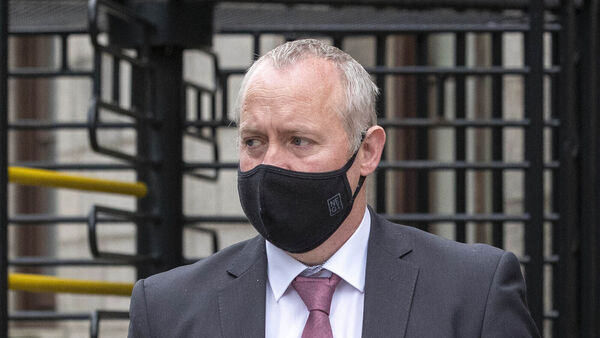Representing vulnerable people and/or people with disabilities

Wardship applications are often brought by Solicitors acting on behalf of Vulnerable persons by way of Petition to the President of the High court, in circumstances, where the person is claimed to be incapable of managing their own person and property and, in the old legal language (which in today’s terms is offensive to any potential ward), of unsound mind.
A person, if he or she is deemed to be so incapable, comes under the protection of the High court and the Wards of Court office. A committee is appointed to assist the ward in managing their affairs and this committee is Court approved and can often, if appropriate, be a family member. This committee, in turn, will usually have the benefit of independent legal representation. The process of ensuring the best care for the ward may also involve independent experts being appointed to report to the committee and ultimately the court on their views as to how the ward is best protected. The Wardship continues for such time as is needed depending on the vulnerability or disability of the ward and is usually regularly reviewed by the court.
Other types of actions are often also brought, usually against the state (HSE) in circumstances where a Wardship application may not be appropriate. Such circumstances may include a situation where the person has a profound physical disability, and where the state has failed to reasonably attend to the needs of such a person, but where the person is not of unsound mind and is capable of looking after their own affairs.
Sometimes it can be shown on behalf of such individuals, that there is a need for a comprehensive disability assessment, a care plan and a residential placement with structure and supervision.
Such applications can be argued where appropriate under the inherent jurisdiction of the Courts to protect the personal rights of persons under the Constitution and also under the statutory obligations of the state as under the Health care Acts 2004 as amended. The Supreme Court again vindicated and acknowledged the ability of applicants to use this Jurisdiction under the Constitution as recently as 2019.
A current case involving a woman, aged 35, who is profoundly deaf and with physical disabilities, and who was placed by the HSE in a nursing home continues in 2020 through the High Court. She claims the placement is inappropriate, and she seeks orders from the Court, requiring the HSE to provide a suitable care plan for her, to provide the services she needs and a comprehensive assessment of her needs. She also seeks an order quashing the decision of the HSE to place her in the nursing home and damages for personal injury. The case continues but is likely to resolve.
We, as lawyers, do have to issue these types of proceedings on behalf of clients on a regular basis to ensure our vulnerable clients are properly assessed and an appropriate care plan is put in place. Such an adequate care plan can often avoid difficulties with inappropriate settings and contention with care providers, that might otherwise be encountered by the vulnerable persons.
If you are a person, or are a close contact with a person, who is vulnerable and or disabled and you feel that an appropriate care plan or provision of health services has not been provided by the State, or that a wardship application might be of benefit, then please contact our office to arrange a consultation to discuss. Such vulnerable people or persons with disabilities can include, amongst others, persons with dementia, intellectual disabilities, profound physical disabilities, and persons who may be inappropriately detained in psychiatric units or other residential settings.
We at Hartnett Hayes Solicitors LLP are experienced mental health lawyers and lawyers for persons who are vulnerable and/or with disabilities. Please do not hesitate to contact us on


